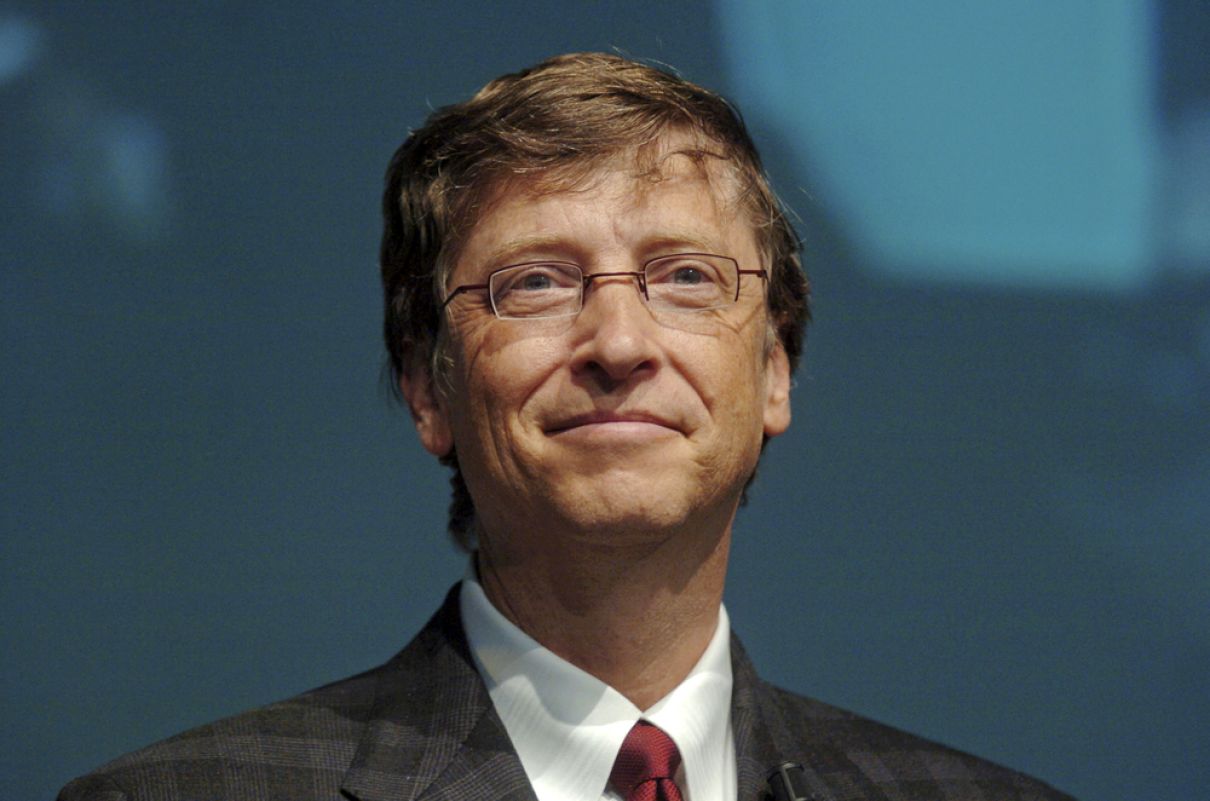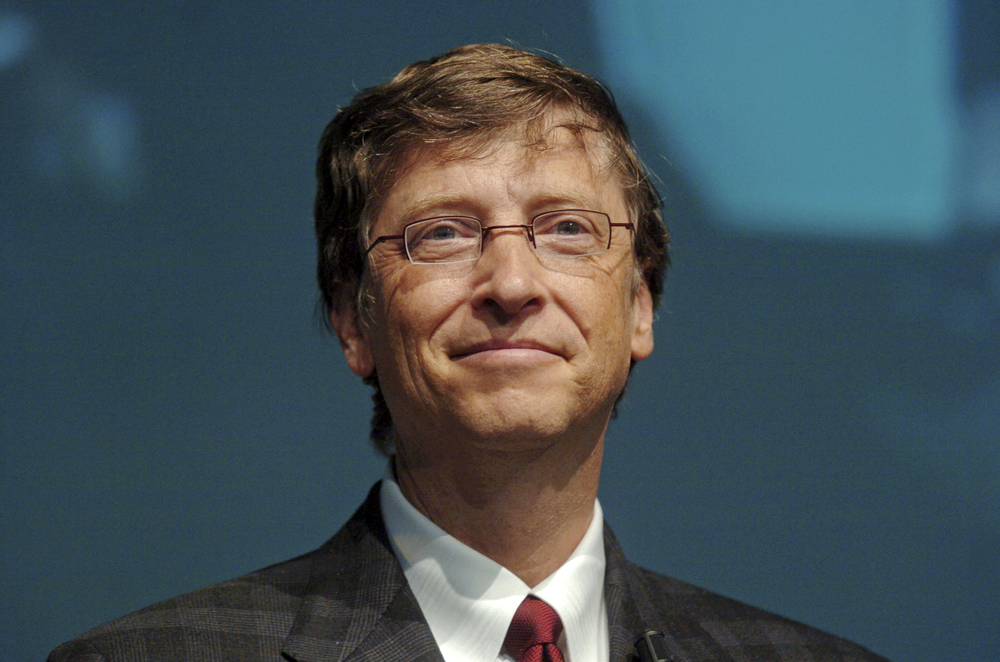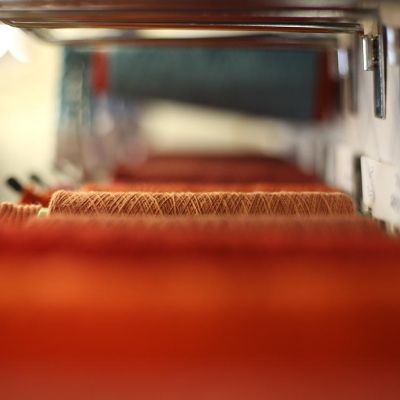Bill Gates: Even Biden Wouldn't Change Mask Debate

In a rare interview, Microsoft co-founder and philanthropist Bill Gates discusses COVID-19's biggest fails and what the future may hold as it plays out.

Five years ago Microsoft co-founder and billionaire philanthropist Bill Gates warned about the next pandemic in a TED talk. After the Ebola outbreak Gates said it was time to do scenario planning, health worker training and vaccine research; "there's no need to panic ... but we need to get going,” he said.
Very little planning was done, but his predictions were unfortunately, famously, proven right this year.
The charitable foundation he runs with his wife, The Bill and Melinda Gates Foundation, has been one of the key donors funding research and development of a vaccine for COVID-19. It pledged US$100 million to improve detection, isolation and treatment efforts; protect at-risk populations in Africa and South Asia; and accelerate the development of vaccines, drugs and diagnostics. It is a major supporter of an organization called Gavi, the Vaccine Alliance. Since 2000, Gavi and partners have immunized more than 760 million children, saving over 13 million lives. And now, Gavi has a new effort underway to purchase COVID-19 vaccines for lower-income countries as soon as they are available.
Last week in an Economist podcast, Gates shared his views on subjects ranging from the impact of the US election result to the role of China in Coronavirus. He said that he was disappointed with the way global governments had reacted to COVID-19 despite warnings, including the one from himself.
“We didn’t get ready, we didn’t run the simulations to realise that getting testing up quickly would be important,” he said in an interview with the Economist editor-in-chief, Zanny Minton-Beddoes. “We failed before it came along, and once it hit we also made some mistakes. Overall the response has been less good than I expected. The damage economically and health-wise has been far greater than I would have expected with a virus like this.” He said, when he was sending workers home from the Gates Foundation in March, “oh gosh, I wish we had practiced for this.”
He said that one of the reasons why the pandemic has been so devastating in the US, which has registered the most COVID deaths of any country, at over 170,000, was the liberal belief system. “We believe in individual freedom and rights in the US. Even after testing positive, peoples’ behavior doesn’t change as much as in other countries to take them out of the infection pool."
He pointed out that also the American government did not cooperate with private or commercial labs in the same way some countries like South Korea did, partly because they had the experience of SARS and MERS and the benefit of hindsight.
He touched on America’s divisive ‘mask debate’ and whether having Biden as a president, rather than Trump, could change people’s attitudes towards mask-wearing. “I don’t know that a change in administration will get more people to wear masks. You might have a leader who personally does better on that, but will that convince opposition members to wear masks or will they even view it as a sign of protest? It is hard to see how we…improve behaviour at this point. I don’t see some breakthrough that will avoid us being at the bottom of the league table on mask usage. For this pandemic I’m afraid the attitudes have largely set in,” he said.
He adds that the next challenge will be to convince people to get vaccinated to get the immunity level up substantially so instead of having exponential growth of the disease, we have exponential decline.
But the positive news, he says, is that COVID-19 is not as infectious as many viruses like measles, which requires a 90 percent vaccination rate to prevent it spreading. The six most advanced vaccines currently in trials, including the one by Oxford University and AstraZeneca, are likely to be available by the end of this year. Coronavirus will only need around 30-40 percent of the global population to be vaccinated to get 'herd immunity' and stop the spread. He said this will cost around US$10-US$12 billion and could be feasible by late 2021 or early 2022.
But the real problem, Gates believes, is not deaths directly from COVID but the knock-on effects of it. "The scale of damage? Almost 90 percent of it will be due to non-COVID related things that have to do with these systems not working as well, less deliveries, less vaccinations, etc.," he says. "The systems were already on the edge and so fragile. The statistics will be millions of deaths."
He concluded with a call for more international aid for developing countries from governments, despite the tendency to look inwards in times like these. "The developed countries also suffered economically and there is a tendency to care less about people far away when you have your own set of challenges at home. Will turning inwards mean even less help for these guys out of this deep hole they’ll find themselves in?"








